Are you sleeping on a bad mattress? There are signs and symptoms you need to take note of to avoid long-term health issues.
Does Your Mattress Need Replacing?

When it comes to staying in the best shape possible, having the best mattress for your needs should be the top priority. But sometimes, people don’t associate what they’re feeling with a bad bed.
It’s easier to associate back or shoulder pain with a sedentary lifestyle or the wrong office chair, not the furniture you sleep on every night.
Others just find it too bothersome or expensive to change their mattresses, especially if there is no apparent damage to them.
Some mattresses just need a little vacuuming, some enzyme cleaner, baking soda, and sunrays.
However, brushing off a stuffy nose or stiff shoulders right after waking up may eventually result in more serious complications. It’s better to identify the signs of a bad mattress now and take action than recognize them too late.
To avoid unwanted health complications because of a bad mattress, you need to look out for these tell-tale signs.
1. The Mattress Is More than Eight Years Old
On average, mattress expectancy should reach beyond eight years for premium types. Luxury ones, like Serta mattresses, continue to be usable for a decade.
High-density foam and natural latex tend to last longer compared to memory foam and beds with innerspring. The latter mattress type can be prone to sagging with age which can result in back pains and muscle stiffness.
On the other hand, latex and memory foam like any of Serta’s Perfect Spine collections is the best mattress for a bad back. You just need to take better care of these beds to fully enjoy their longevity.
2. Waking Up With Congestion
Mattresses absorb dust mites, bacteria, viruses, mold, and all kinds of allergens. If you’re not cleaning your mattresses deeply enough, harmful microorganisms will make it their home, all while you lie down on it every night.
It’s like sleeping in a petri dish with all kinds of bio villains. You’re inhaling all of these allergens every night which triggers allergic rhinitis or other diseases.
3. Having a Hard Time Falling Asleep
Got insomnia? It may be because of your bed.
You fall asleep when your entire body relaxes, but with a bad mattress, you can’t become fully relaxed. You end up tossing and turning to find a comfortable position on your bed and if you can’t find any, you won’t get relaxed enough to drift off.
When you finally do fall asleep, you may suddenly wake up in the middle of the night from an uncomfortable position you moved into while unconscious. Waking up in the middle of the night breaks your sleep continuity which will also affect your sleep quality.
Lack of quality sleep affects not just your physical health but your mental well-being as well.
4. Feeling Lethargic Even After Eight Hours of Sleep

Sleeping on a bad mattress prevents you from getting a good night’s rest, resulting in a lack of willpower to stay awake for the rest of the day. This is especially detrimental to your health and overall way of life.
Your cells heal while you sleep, replenishing your body with the energy you need for optimal function the next day. If you don’t get enough zzz’s, you won’t get enough energy to work properly or even keep your eyes open for the rest of the day.
If you find yourself constantly yawning or feel your eyes drooping during the day, that means you didn’t get the sleep you needed the night before. You’ll end up taking naps throughout the day, affecting your overall way of life.
5. Getting Aches and Pains
If you wake up with aches and pains then you may be using the wrong type of mattress for your needs. Buying a bed should depend on your sleeping position, weight, medical condition, among other things.
People who lie on their backs need a firm bed with adequate support, while side sleepers need a more plush type bed like memory foam for better body contouring.
Someone lighter in weight can use a softer bed but a heavier person will need stronger innerspring support to avoid sinking into the bed.
Use pillows that can support your spine and neck. Serta offers two types of pillows depending on the support you need.
The Nano Gel Pillow gives you the comfort of a Goose Down pillow. On the other hand, the Pillow Ball Fiber gives you better support.
Bolster pillows are also available in both nano gel and ball fiber materials.
6. Night Sweats
A bed that’s too hot causes sweating while you sleep. Which, in turn, will feel uncomfortable enough to disturb your sleep.
Switching to a bed with temperature-moderating materials like Serta’s Pedic iBreeze mattress helps in keeping your body temperature from spiking while you sleep. You won’t have to worry about night sweats with Serta’s Adaptive Dynamic Cooling System keeping you refreshed throughout the night.
7. Noisy, Sagging, or Uneven Mattress
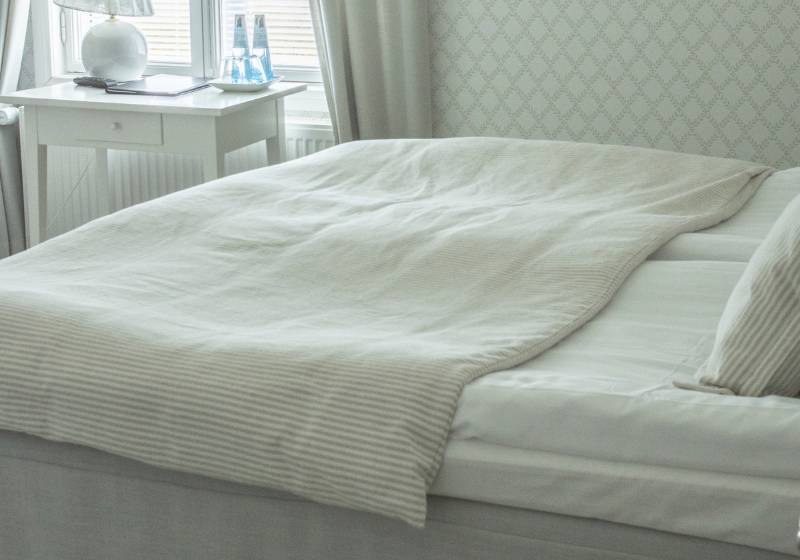
A new bed should be flat and soft but with enough firmness to give you adequate support.
If your mattress becomes lumpy or suddenly sags on the sides, it won’t be able to support you anymore. The springs shouldn’t be noisy, either.
A lumpy and uneven bed makes certain pressure points and joints ache and sore when you wake up.
To avoid this situation, it’s ideal to flip your mattress every three months. However, some types have fixed sides and can’t be flipped.
Some Serta mattresses can’t be flipped but they do come with a ten-year warranty which assures of great quality for a decade.
How to Get a Better Sleep Experience
What is the best mattress to sleep soundly and keep both your mind and body in tiptop shape? These tips will help you keep your mattress as long as possible.
- Regularly deep clean your bed every quarter especially if your pets sleep on your bed.
- Don’t let kids jump on it.
- Choose the right type of mattress for your needs.
Are you experiencing these signs with your current bed? Share the symptoms you’re feeling and what mattress you’ll change with.










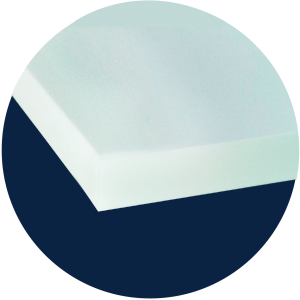

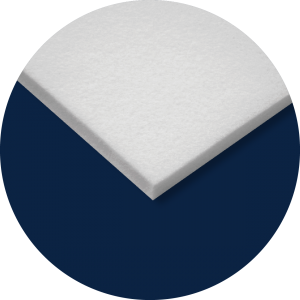

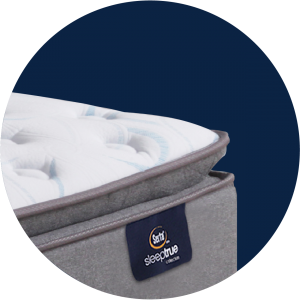
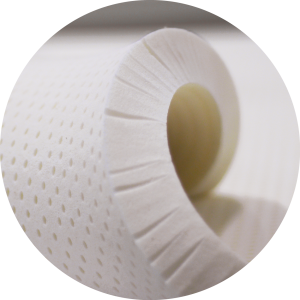
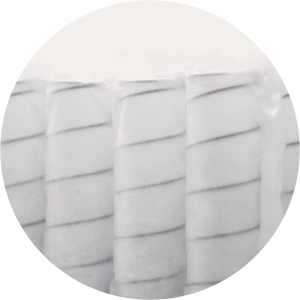
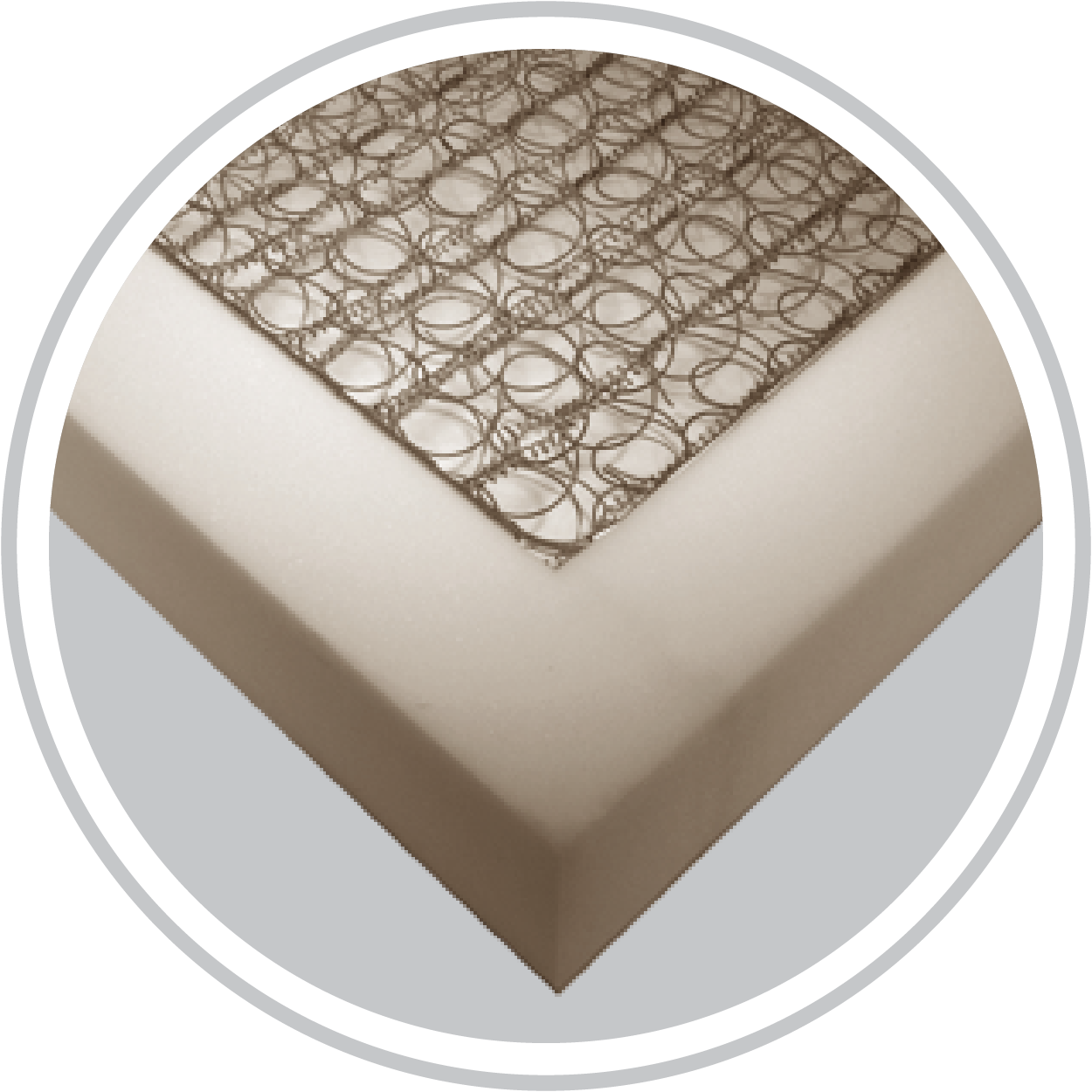
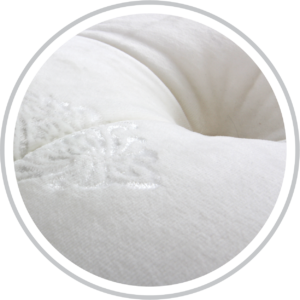
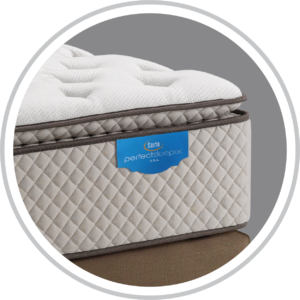

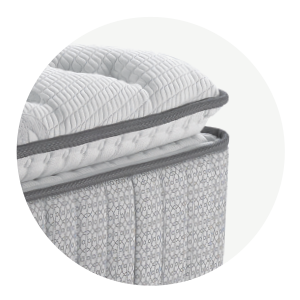
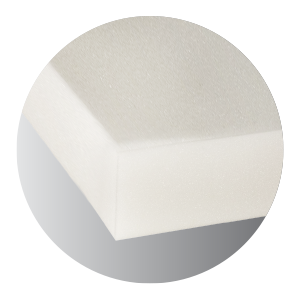
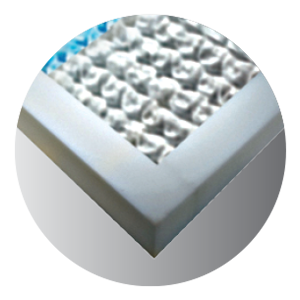
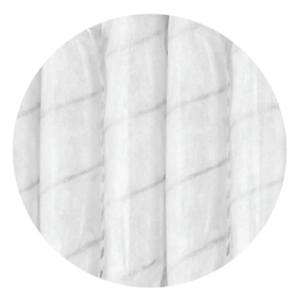
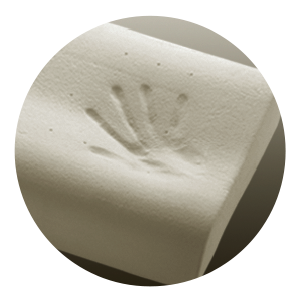
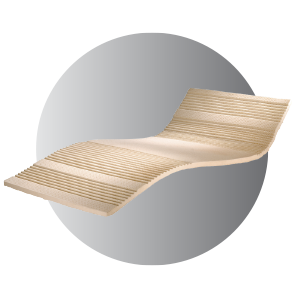
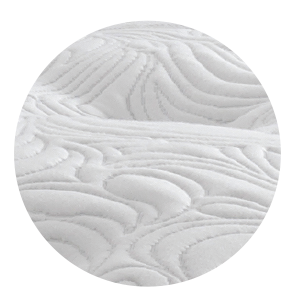
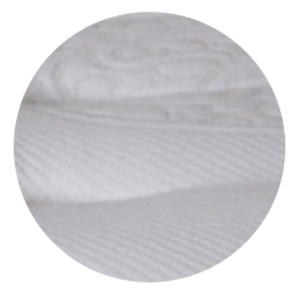
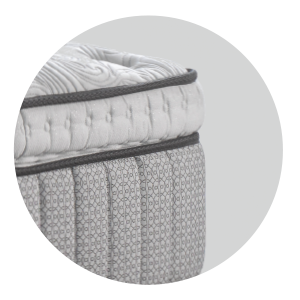
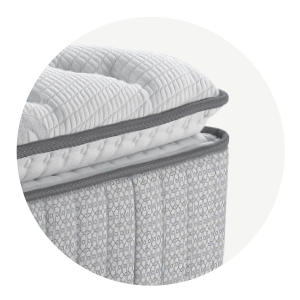
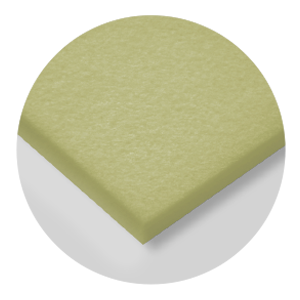

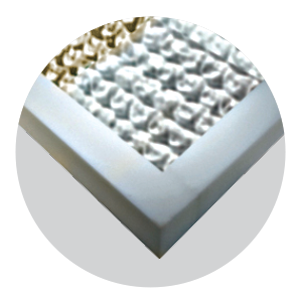
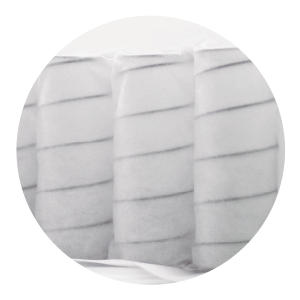
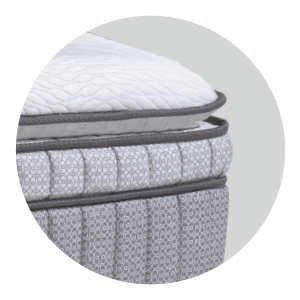
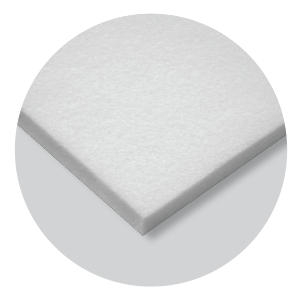
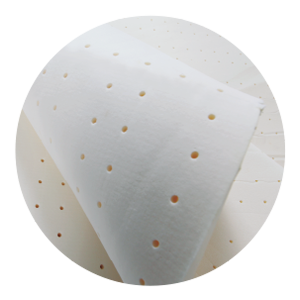
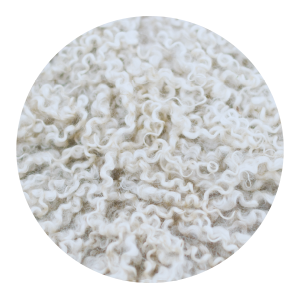
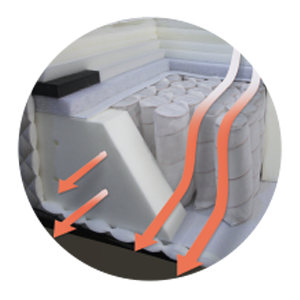
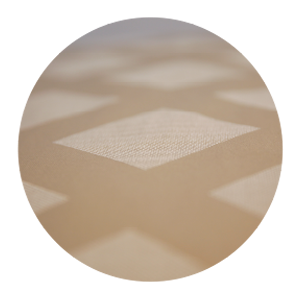
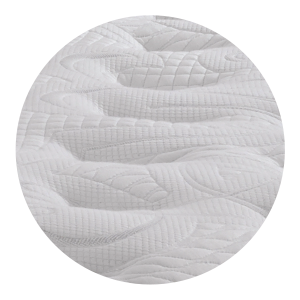
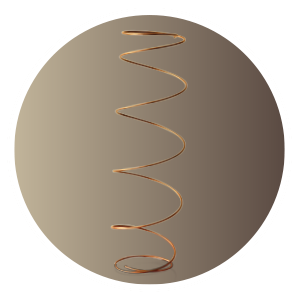
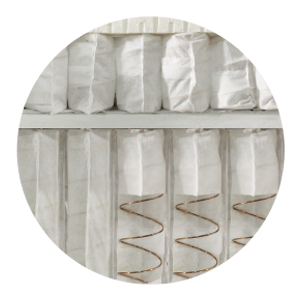
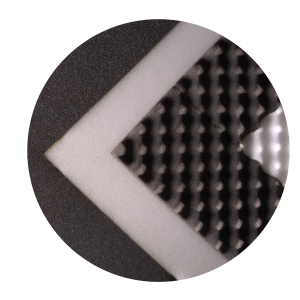
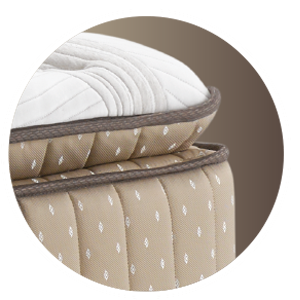


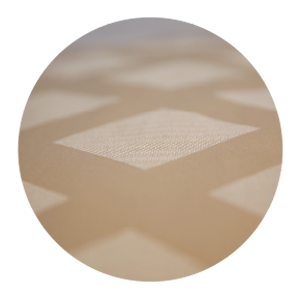
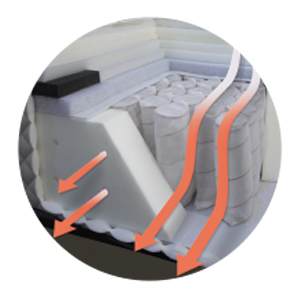
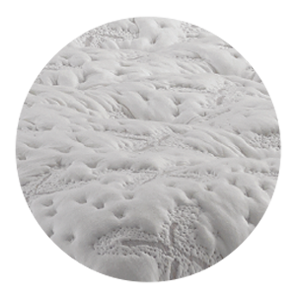
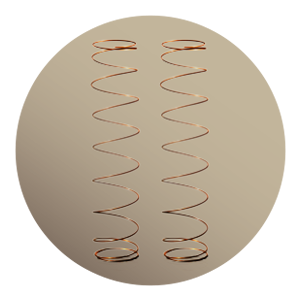
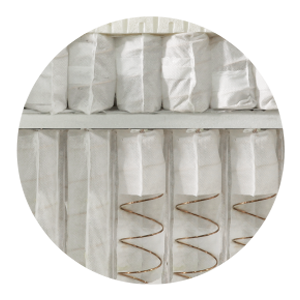
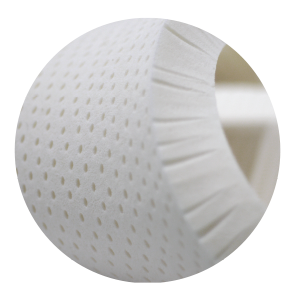
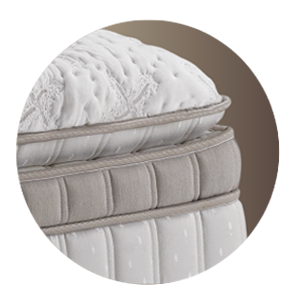
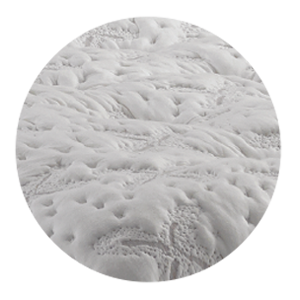
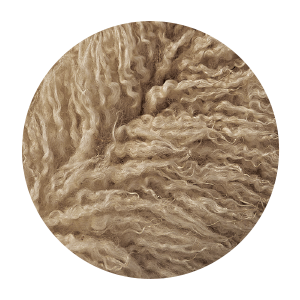
0 Comments